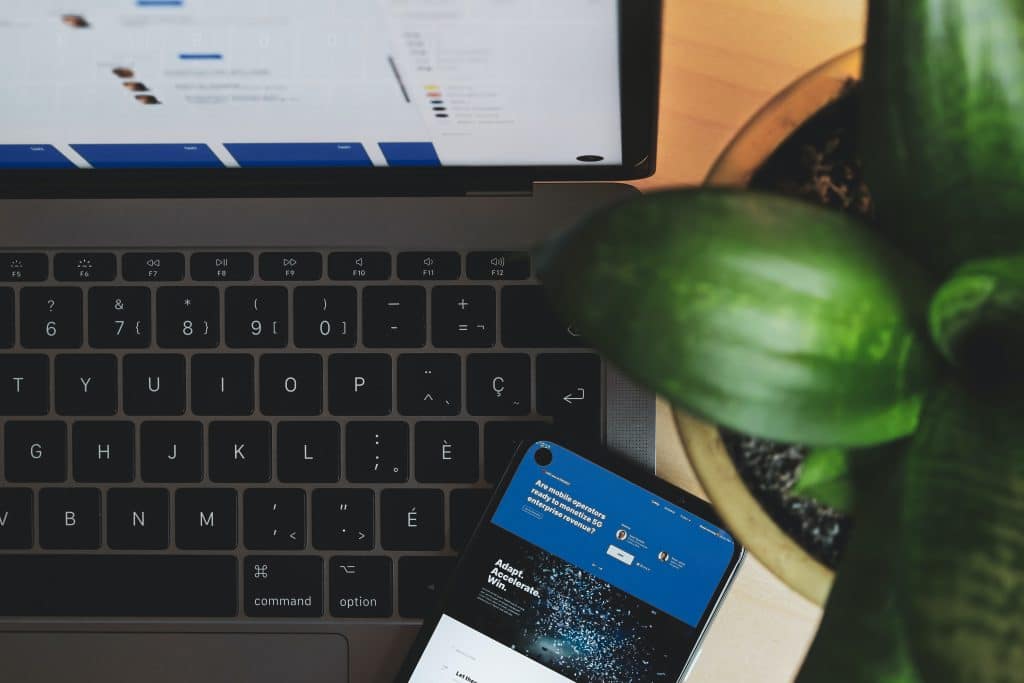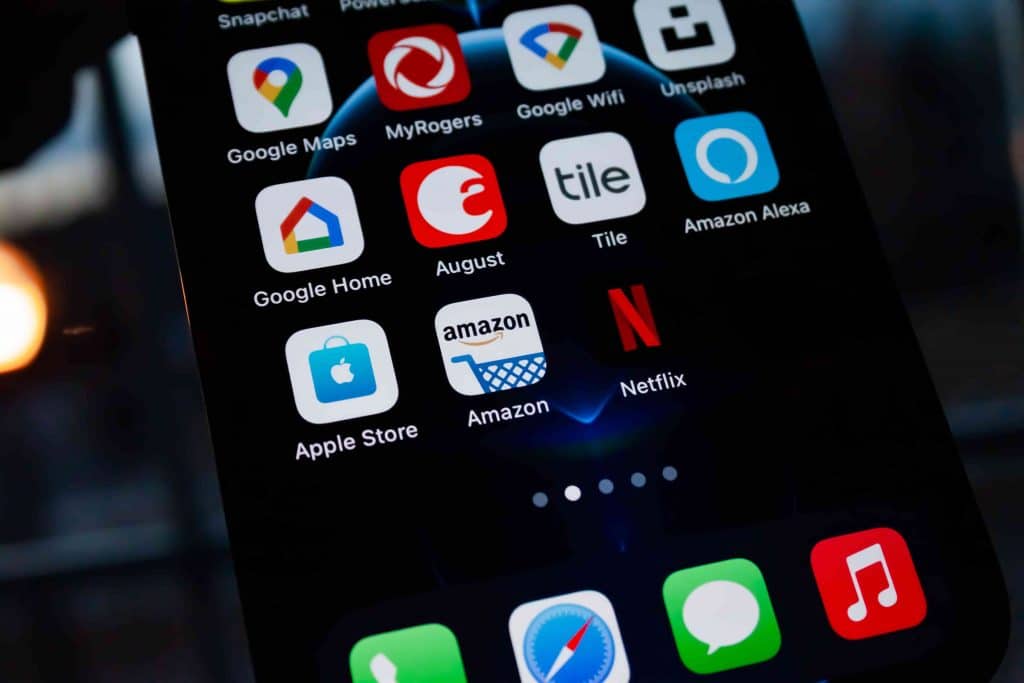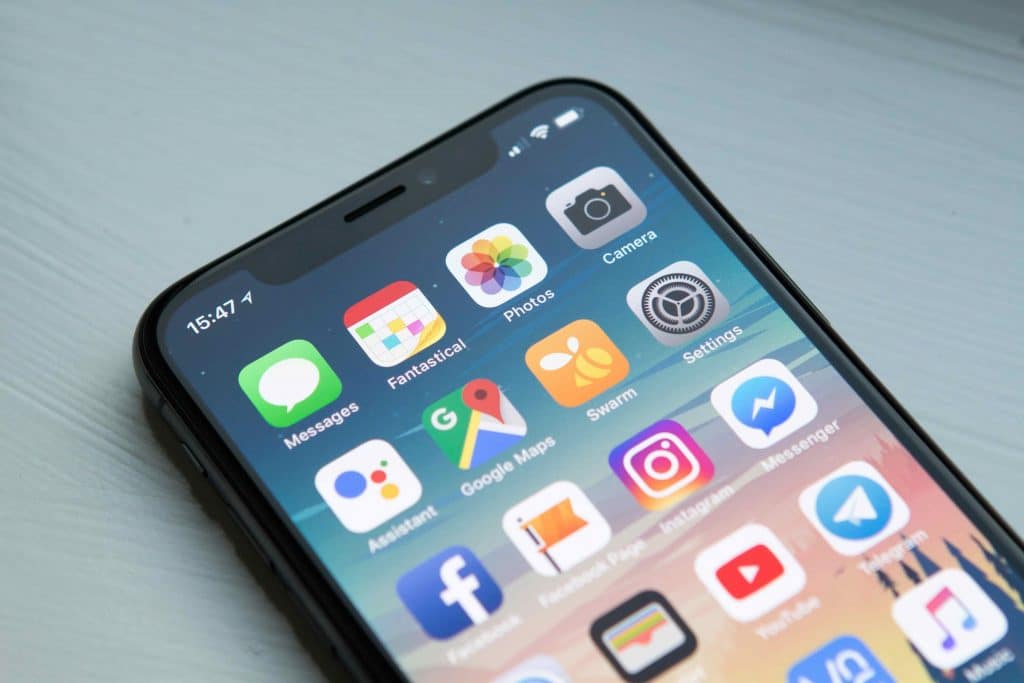What is mobile application and why does my business need it?
A mobile application is a software program that is designed for use on smartphones and tablets. These applications have grown in popularity over the past few years, as more and more people are choosing to adopt these devices. For businesses, mobile apps can be an extremely valuable tool. They can help you stay connected with your customers, manage your business operations more effectively, and promote your products or services.
If you are thinking about developing a mobile app for your business, there are a few things you should keep in mind. First, you need to decide what type of app you want to create. There are three main types of apps:
1. Native apps: These are apps that are developed specifically for one platform, such as iOS or Android. They typically offer the most functionality and are often easier to use than other types of apps.
2. Hybrid apps: These are web-based applications that are designed to run on a variety of platforms, including smartphones and tablets. While they may not provide quite as much functionality as native apps, they are typically easier to develop and maintain.
3. Web apps: These are browser-based applications that can be accessed from mobile devices through a web browser. They may not offer as many features or as much interactivity as other types of apps, but they are generally the least expensive option for businesses.
Once you’ve determined the type of app you would like to create, you need to develop a strategy for ensuring that it will be successful. This includes identifying your target audience and developing an effective marketing plan that allows you to promote your app effectively to potential users.
If you are thinking about creating a mobile application for your business, there are several things that you need to keep in mind. These include the type of app you want to create, your target audience, and an effective marketing strategy. By keeping these factors in mind, you can ensure that your mobile app is successful.
What should mobile application include?

Mobile applications are becoming increasingly popular as more and more people switch to smartphones and tablets. As a result, mobile application packages need to include a wide variety of features that cater to the needs of different users.
Some of the most important features that should be included in a mobile app package include:
1. User-friendly interface: The interface of a mobile app should be designed keeping in mind the small screen size and limited space. It should be easy to use and navigate so that users can quickly find what they are looking for. This is especially important for apps that need to incorporate a large number of features, as users will not have much patience if an app isn’t simple and intuitive to use.
2. Compatibility: Mobile apps need to be compatible with the most popular operating systems and devices, otherwise users will not be able to use them. This means that app developers need to keep up with the latest changes in technology so that their app can remain compatible.
3. Security: Users need to feel confident that their personal information is safe when using a mobile app. This means that app developers need to make sure that the app is secure and that user data is well-protected.
4. Regular updates: Mobile apps need to be regularly updated in order to keep up with the latest changes in technology and user needs. This can be a challenge for app developers, but it is essential in order to maintain a high level of user satisfaction.
In short, mobile app packages need to include features that are user-friendly, compatible with various devices and operating systems, secure, and regularly updated in order to keep up with the fast-paced mobile landscape.
These are some of the most important features that mobile app packages should include. By keeping these in mind, you can make sure that your app meets the needs of your users and provides them with a great experience.
User-friendly interface on mobile application

A user-friendly interface is one of the most important features that a mobile app can have. The interface should be designed with the small screen size and limited space of a mobile device in mind. It should be easy to use and navigate so that users can quickly find what they are looking for. This is especially important for apps that need to incorporate a large number of features, as users will not have much patience if an app isn’t intuitive and simple to use.
To create a user-friendly interface for a mobile app, it is important to consider the needs and preferences of your target audience. This may include incorporating elements like clear navigation buttons, well-labeled menus, and intuitive controls. You should also consider any color or design conventions that are commonly used in the mobile app industry, as these can have a significant impact on user engagement and satisfaction.
Another important consideration when designing a user-friendly interface for a mobile app is ensuring compatibility with various operating systems and devices. This will help ensure that your app can be used by a wide range of users, and will help to minimize the risk of user frustration or abandonment.
In order to create an effective user-friendly interface for your mobile app, it is important to carefully consider all aspects of design and functionality. With careful planning and attention to detail, you can create an interface that meets the needs of your users and helps to ensure a positive experience.
Compatibility

Compatibility is another important feature that mobile apps need to have. They need to be compatible with the most popular operating systems and devices, otherwise users will not be able to use them. This means that app developers need to keep up with the latest changes in technology so that their app can remain compatible.
It can be a challenge for app developers to keep up with the fast-paced world of technology, but it is essential in order to ensure that their apps remain usable and valuable for users. In addition to keeping up with changes in operating systems and devices, app developers may also need to consider other factors like new software updates or industry standards.
In order to create a compatible mobile app, developers need to carefully consider the various operating systems and devices that their app will need to be compatible with. They should also test their app on as many different devices and operating systems as possible to ensure that there are no problems. By taking the time to ensure compatibility, developers can help to ensure that their app will be usable by a wide range of users. Ultimately, this can help to boost user satisfaction and engagement, which are critical for the success of any mobile app.
Security

Security is another important feature to consider when developing a mobile app. Apps need to be secure in order to protect user data and prevent unauthorized access. This means that developers need to carefully consider the various security risks that their app may face and put in place measures to mitigate these risks.
There are a number of different security risks that mobile apps may face, and it is important for developers to be aware of these risks. Some of the most common security risks include data breaches, malware, and phishing attacks.
In order to protect users from these security risks, developers need to carefully consider the security measures that they put in place. This may include incorporating features like data encryption, two-factor authentication, and regular software updates. By taking steps to ensure security, developers can help to protect the user data that is stored on their app and prevent unauthorized access.
Overall, security is an essential feature that mobile apps need to have in order to protect users and ensure a positive user experience. Developers who are aware of the various security risks that their app may face can take steps to mitigate these risks and create a more secure app.
Regular updates

Regular updates are another key feature that mobile apps need to have in order to remain effective and useful for users. Updates are necessary in order to address any bugs or issues that may arise, as well as to implement new features and functionality.
There are a number of different challenges that can arise when developing a mobile app. In many cases, these challenges can be addressed through regular updates. For example, if a new operating system is released, an app may need to be updated in order to remain compatible. Similarly, if there are any security vulnerabilities discovered, an update may be necessary in order to address these issues.
Overall, regular updates are essential for keeping a mobile app effective and useful for users. Developers who are able to address issues and implement new features through regular updates can help to ensure that their app remains valuable and engaging for users. This can help to enhance user satisfaction, which is a critical factor in the success of any mobile app.
Conclusion

There are a number of other features that could be included in a mobile app package, depending on the needs of the users. Some of these features might include:
1. Social media integration: Social media integration can be a great way to engage with users and promote your app.
2. Push notifications: Push notifications can be used to keep users up-to-date on the latest news and information.
3. In-app purchases In-app purchases can provide a way for users to access premium content or features.
4. Location-based services: Location-based services can be used to provide relevant and targeted content to users based on their location.
Ultimately, the key to developing a successful mobile app is ensuring that it meets the needs and preferences of users. By carefully considering all of the different features that should be included in a mobile app package, developers can create an effective and engaging app that meets the needs of a wide range of users.



